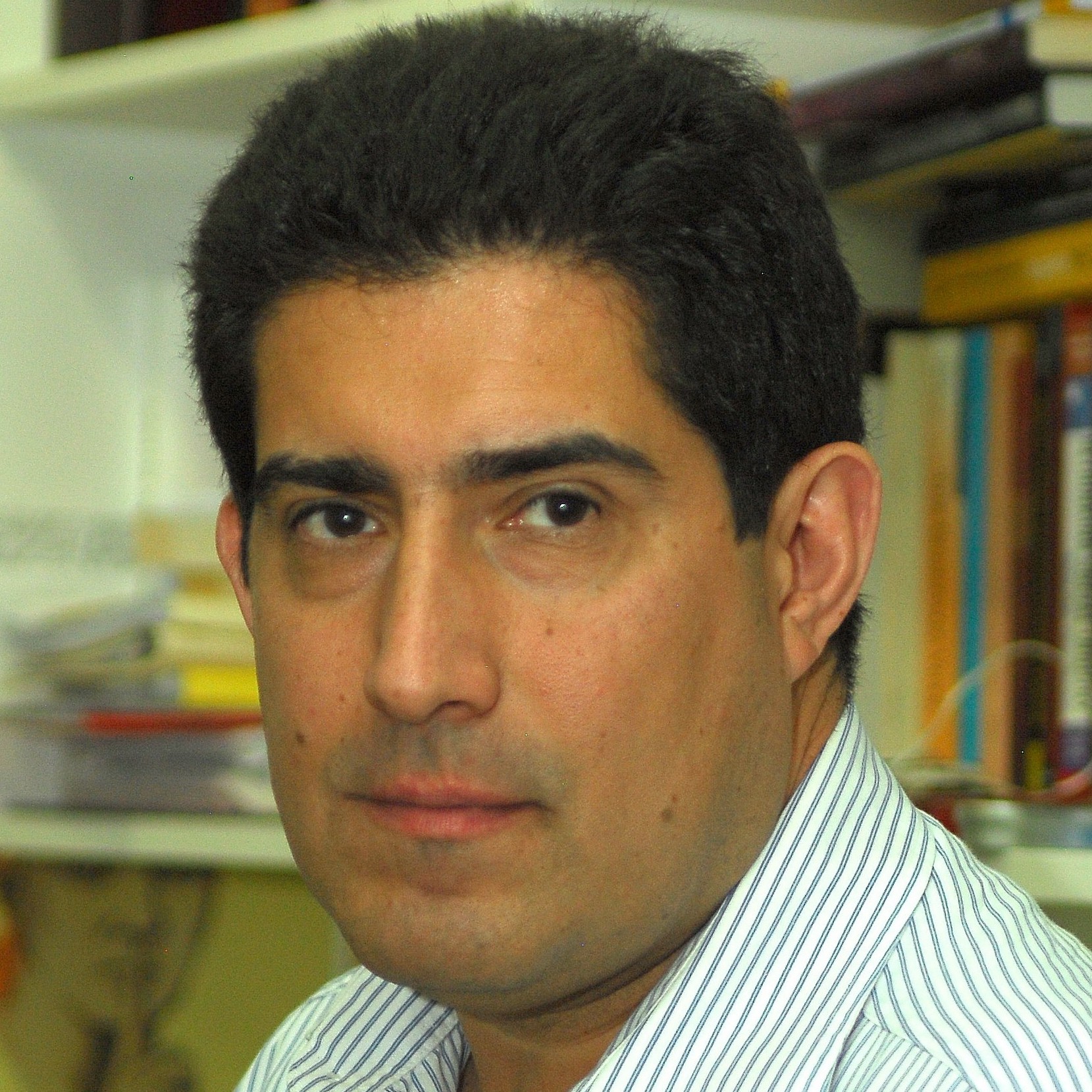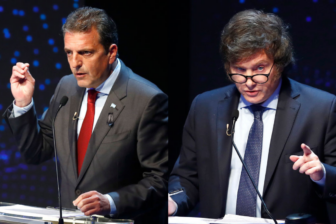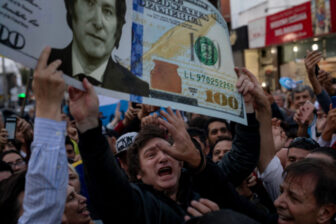Comparisons are always imperfect, but the mood in the Javier Milei camp since his resounding victory on Sunday is inevitably reminiscent of the mood we saw after current presidents Gabriel Boric of Chile and Gustavo Petro of Colombia were elected. And yes, that is a sign of potential problems ahead.
It is true that the situation in Argentina today is very different from others in the region. The country is on the verge of hyperinflation and an even worse economic collapse. The president-elect will need to become a de facto president as soon as possible to help avoid the sinking of the ship before he is sworn in on December 10th. Still, during this short transition, Milei can learn from the mistakes Boric and Petro made throughout their first months in office.
Boric won office in December 2021 by almost the exact same margin as Milei just did, taking 56% of the vote versus 44% for his opponent. Petro won last June by a smaller, 3-point margin. Yet both presidents misunderstood the true reason for their victories. In retrospect, it is clear Boric and Petro won primarily because voters were intent on punishing the incumbent administration, not because electorates fully embraced their agendas for a radical transformation. If Milei makes the same mistake, and reads the 55.7% support he received in the runoff as evidence that most Argentines are born-again libertarians, he is in for a rude awakening.
Indeed, Argentines wanted to punish the incumbent Peronist government of Alberto Fernández—and the almost two decades of the kirchnerista version of Peronism. People voted against the status quo because they want the country to get back on the right track. People did not vote to endorse all the radical economic experiments that Milei campaigned for and that have not been tried anywhere else. After all, in the first-round vote, Milei received less than 30% of the vote. Because he lacks an effective majority in the legislature, Milei will need to show that he can be a team player and consensus builder if he wants to avoid the ship sinking further under his watch.
As candidates, Boric and Petro also promised radical state-centered economic and social transformations for their respective countries. Boric did not use a chainsaw in his campaign, but he declared that just as Chile had been the birthplace of neoliberalism, it would also be its graveyard if he were to win the presidency. In turn, as recently as this June, Petro called for an end to the “neoliberal night” that began with the fall of the Berlin Wall, where humans compete “as in a horse race.”
Rhetoric aside, a few months into their terms, it became clear that the radical campaign promises Boric and Petro made would not be fulfilled. Voters were discontent with the status quo and wanted change, but they did not like the type of change those transformative presidents were attempting to bring about. Boric and Petro lost their ad hoc majorities in their legislatures as moderate congresspersons jumped ship when presidential approval declined. To advance their reform agendas, Boric and Petro had to water down their legislative initiatives and move away from the foundational discourse they so strongly embraced while campaigning. It is true that Petro and Boric continue to use a combative discourse from time to time, but that is associated more with the frustration of not being able to get things done and even with a sense of resignation, as when Boric admitted in July that a part of him still wanted to overthrow capitalism.
Argentina today is in a far more complicated situation than where Chile and Colombia were when Boric and Petro took office. The status quo in Argentina is unsustainable. Milei cannot afford to stick only to watered down reforms. Abolishing the Central Bank and moving forward with dollarization will be no-goes. But slashing government subsidies and reducing the number of public sector workers is doable, provided he can put together the political support necessary in Congress. The most likely votes will be among center-right and moderate legislators from Mauricio Macri’s PRO, the Radical Party and perhaps even some of the members of the right wing of the Peronist party.
To achieve the objective of forming a legislative majority, Milei will need to maintain popular support. His honeymoon will be short. Argentines will approve of Milei if they see evidence that the country is moving in the right direction. If Milei continues with his campaign strategy and polarizes the electorate by speaking of good and bad Argentines, moderates will begin to reject him, in the same way, voters did with Petro and Boric.
To succeed, Milei should put down his chainsaw and understand that Argentines elected him not because they truly believed in his economic program but because they thought the incumbent status quo was untenable. A measured, calculated approach will be necessary.
—
Navia is a contributing columnist for Americas Quarterly, professor of liberal studies at NYU and professor of political science at Diego Portales University in Chile.









